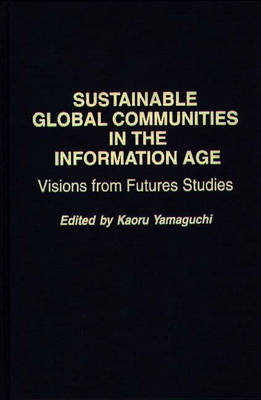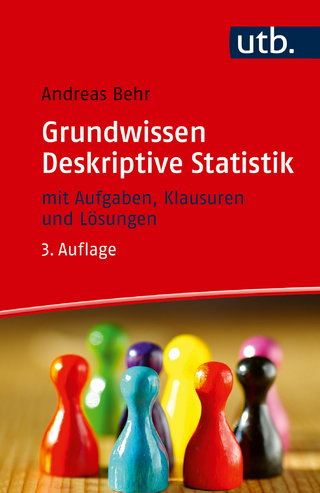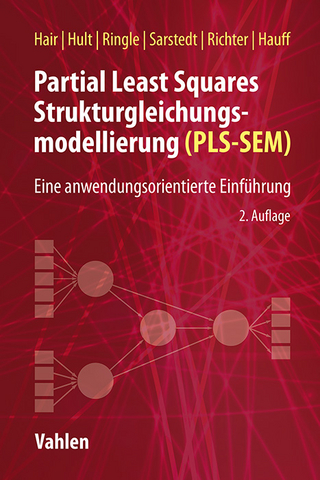
Sustainable Global Communities in the Information Age
Praeger Publishers Inc (Verlag)
978-0-275-96063-6 (ISBN)
- Titel ist leider vergriffen;
keine Neuauflage - Artikel merken
Because the Information Age is so extremely different from the Industrial Age, the socioeconomic systems that will evolve will be different as well. The systems based on capitalist market economies and socialist planned economies proved to be neither sustainable nor community based. The scholars who contributed to this volume, including Nobel Laureates and other leaders in diverse fields, consciously look to new socioeconomic systems that would be sustainable and would be community-based.
The failure of the Industrial Age is partly due to the education system peculiar to that age, which only values highly fragmented specialists, without questioning the interrelationships of professions and fragmented viewpoints. In the emerging Information Age, a new type of higher-education system, one focused on holistic viewpoints, is needed to unify fragmented professions. This and other future-oriented visionary perspectives emerge from this collection—one that will be of great value to all researchers and thinkers concerned with the new opportunities arising from the emerging Information Age.
KAORU YAMAGUCHI is Professor on the Faculty of Management Sciences at Osaka Sangyo University, Japan. At the invitation of Jim Dator, he joined the World Futures Studies Federation in 1987, while he was teaching in the Economics Department, University of Hawaii. Since then he has been actively involved in futures studies, presenting his integrated economic theories at the world conferences in Beijing (1988), Budapest (1990), and Barcelona (1991). In June 1992, he was invited to attend the UNESCO seminar on Teaching about the Future in Vancouver, where he emphasized the need for a higher institution for future-oriented studies and proposed a series of future-oriented interdisciplinary seminars on Awaji Island, Japan.
Roger Sperry's Views on Mind, Consciousness, and Human Values: A Challenge to the World Community by Theodore J. Voneida List of Contributors Environmental Issues and Future Studies Some Remarks on the Human and Planetary Condition by Jerome Karle The Impact and Promise of the Cognitive Revolution by Roger W. Sperry Futures Studies and Sustainable Community Development by Jim Dator UNESCO and Future-Oriented Studies by Albert Sasson New Framework of Community Economy Sustainability and a MuRatopian Economy by Kaoru Yamaguchi The Community Land Trust Model by Chuck Matthei and Michael LaFontaine Cultural Paradigm Shift Towards Sustainability by Kazuo Mizuta Building Sustainable Communities Globally The Green Alternative: Towards a Future of Sustainable Communities in the USA by Brian Tokar Towards Global Sustainable Community: A View from Wisconsin by Belden Paulson Advanced MuRatopian Community Development in Japan by Hiroyuki Niwa Sustainable Philosophy for Global Community Development: A Korean Perspective by Yoon-Jae Chung The Development of Rural Communities in China under a Socialist Market Economy by Qin Linzheng The Operational Style of the Chinese Market Economy in the Twenty-First Century by Zhang Zerong New Centre of the Future Society: Prosperous Villages in India by Nandini Joshi Community Development and the Futures of Sustainable Communities in the Philippines by Cesar Villaneuva Micronesia Futures in Asia and the Pacific by Dirk A. Ballendorf Interconnecting Local Communities Globally: An Australian Perspective by Tony Stevenson, Ingrid Burkett, and San San Myint
| Erscheint lt. Verlag | 25.6.1997 |
|---|---|
| Sprache | englisch |
| Themenwelt | Mathematik / Informatik ► Informatik |
| Sozialwissenschaften ► Politik / Verwaltung | |
| Sozialwissenschaften ► Soziologie | |
| Wirtschaft ► Allgemeines / Lexika | |
| Wirtschaft ► Volkswirtschaftslehre ► Ökonometrie | |
| ISBN-10 | 0-275-96063-3 / 0275960633 |
| ISBN-13 | 978-0-275-96063-6 / 9780275960636 |
| Zustand | Neuware |
| Haben Sie eine Frage zum Produkt? |
aus dem Bereich


